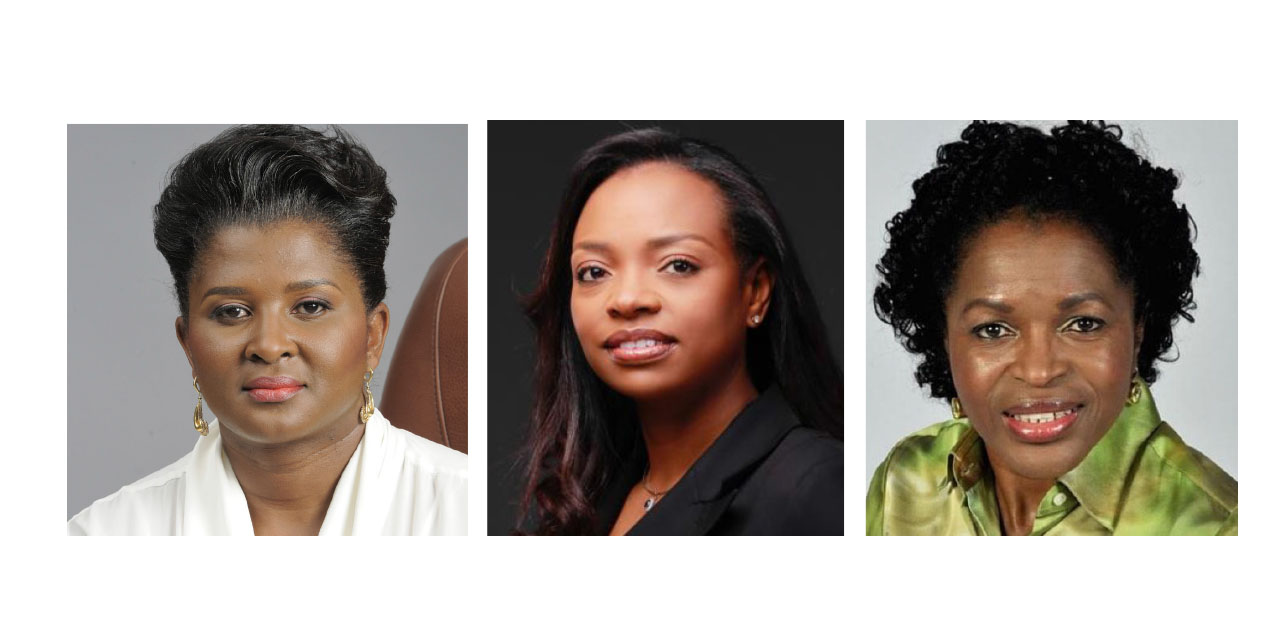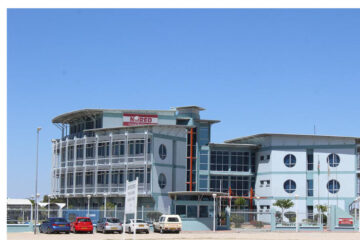Tujoromajo Kasuto
Reputation Poll International has named First Lady Monica Geingos, MVA Fund Chief Executive Officer Rosalia Martins-Hausiku, and Dr. Helena Ndume, Head of Opthalmology at Windhoek Central Hospital, among the 100 Most Reputable Africans of 2023.
The global reputation firm compiled the list, which includes individuals from various sectors such as governance, entertainment, human rights, education, and business who were chosen based on criteria such as integrity, visibility, and impact.
Dr. Ndume is ranked number 33 on the list, followed by the First Lady at number 63 and Martins-Hausiku at number 79.
The list honors individuals and organizations that are making a difference in Africa and around the world.
In an interview with the Windhoek Observer, Martins-Hausiku expressed her gratitude for the recognition, stating that it came as a surprise, that she is honored to be recognized on such magnitude. She added that the recognition affirms authentic leadership.
” I have always spoken about authentic leadership, the kind of leadership where your heart, mind and actions are in tune there is no need to force it was it comes from within and for me this just affirms that. Authentic leadership produces results and impacts nations, he said.
Martins-Hausiku further shares that this is indeed a humbling moment.
“I’m really excited and honored at the same time for this recognition. As I was going through the list I could have never dreamt of sitting at the same table with them but here I am,” she said.
On room for improvement, the CEO highlighted that as an individual there is always for growth and she aims to indulge further in mentoring and coaching young Namibians in University and high school amongst others.
“On a larger scaled one would want that impact to be prominent in the youth, especially those in schools in the rural areas,” she notes.
Martins-Hausiku also touched on the recently announced grade 12 and 11 results, in which 38,019 candidates who wrote the NSSCO examinations, only 5,812 qualify to enrol at institutions of higher learning.
She says that this is challenge that needs to be addressed by all leaders to determine what impact can be made.
“Learning does not take place in a classroom as this is where it all simply manifests, there are other learning methods that we can apply outside the classroom to ensure our learners are more focused and certain of their future,” she added.
She said that youngsters need encouragement to gauge what is outside in the real world and this needs to be looked at, especially for children in the rural areas.
“As a leader, it would be good to give learners exposure to the corporate scene through iniatives such as career fairs in the rural areas such as Rundu where they only meet these corporate offices after high school graduation while they need to see what’s outside there to encourage to push further in their education,” she said.




